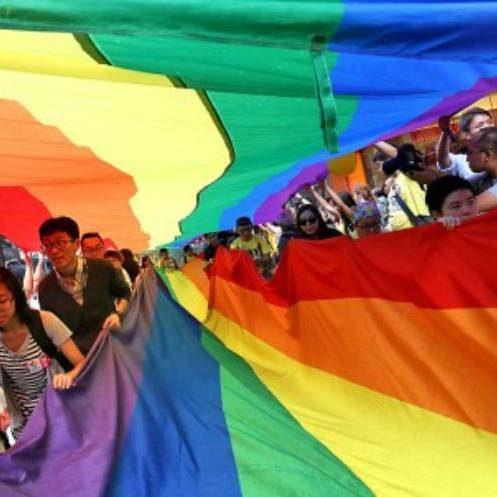 We asked a migration solicitor to offer advice on visa options for same-sex couples.
We asked a migration solicitor to offer advice on visa options for same-sex couples.
Generally, if you want to stay further in Australia, you should lodge another visa application before your visa expires. However, oftentimes, you are not able to do so because of a condition in your visa grant which states: ‘No Further Stay.’ Very often, visitor visas have this condition and the tourist or visitor visa holder simply stays beyond the validity period of the visa.
Can the visa holder enter into a partner relationship with an Australian citizen, by marriage or by a de facto relationship with a same-sex or opposite-sex partner, after his or her visa has expired and lodged a spouse visa application?
Yes, but you must bear in mind that, as a general rule, the visa applicant has to leave Australia to lodge the spouse visa application because of the “no further stay” condition in the visa that has expired. Rather than battle with the exceptions, there is an advantage to lodging the spouse visa outside Australia. In particular, you can include all your dependents in a combined visa application and pay only one DIAC visa charge for all of you.
In a recent case, wherein I acted for the visa applicants, the main visa applicant had overstayed for over 12 years. She was in a de facto relationship with an Australian citizen for over 10 years and had two children with him. While in Australia, she operated her own business and provided financial support to her four children and three grandchildren, overseas. There was no issue about the genuineness of the relationship between the visa applicant and the sponsor. However, there were many issues raised regarding the seven dependents included in the visa application consisting of 4 children and 3 grandchildren. One issue was the failure of one of the children to continuously study from completion of High School through to College and up until the time of decision. Another issue was how the sponsor and visa applicant would support a total of nine dependents, if all seven dependents were to be granted the visa, given that the couple has two children together.
After my submissions in reply and additional evidence in support of the issues raised, a three-hour interview of the main applicant, two-hour interviews of two of the dependent children and a second interview of the eldest child who had turned 25 years of age, two days after visa lodgement, the permanent resident visa subclass 100 for all eight applicants was granted. In fact, they skipped the two-year provisional spouse visa subclass 309 which is normally granted before the permanent resident visa because of the long-term relationship between the sponsor and the main applicant. No assurance of support was required. The processing time was six months.
Of course, each case will be assessed by the Department of Immigration and Citizenship (DIAC) on an individual basis. However, if a preliminary assessment of your situation was carried out before lodgement of your visa application, your migration agent is expected to be able to address all subsequent issues raised by the Case Officer for the visa grant, if you as the main applicant and each of your dependents are able to meet the relevant criteria at the time of application and at the time of decision.
This information is of a general nature and should not be taken as authoritative legal advice for specific cases. Australia has a scheme that requires persons who give immigration assistance to be registered as a migration agents.



